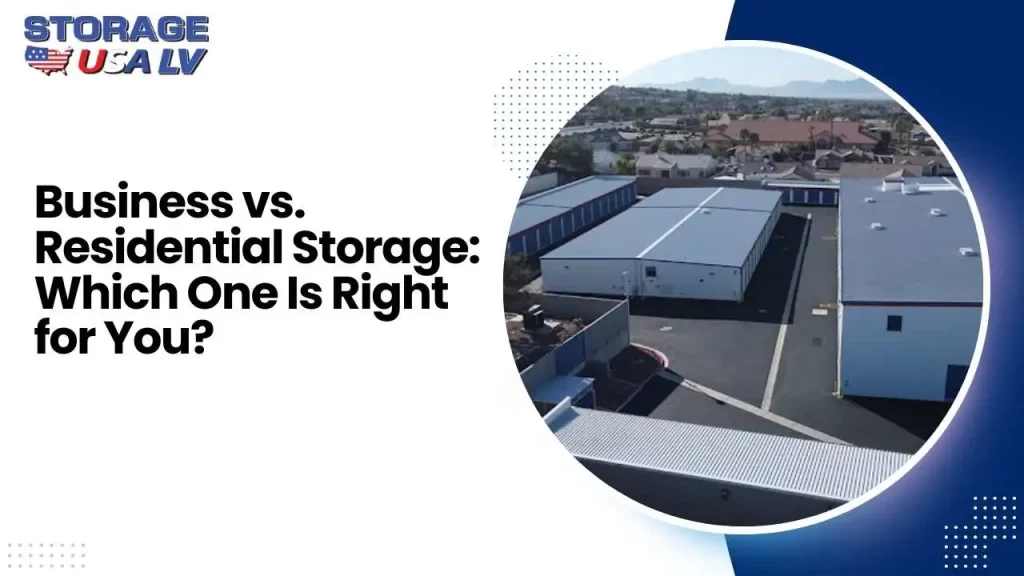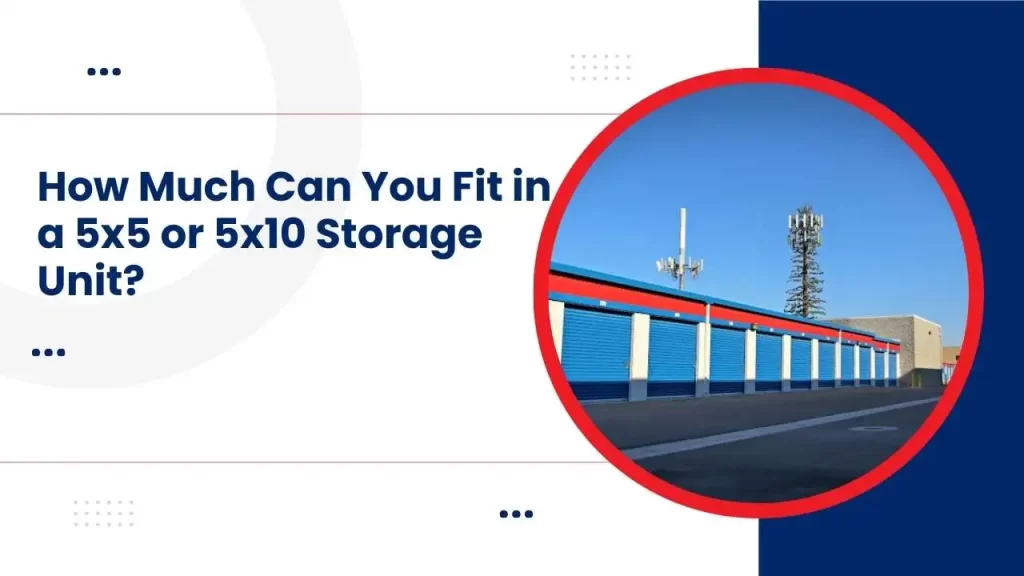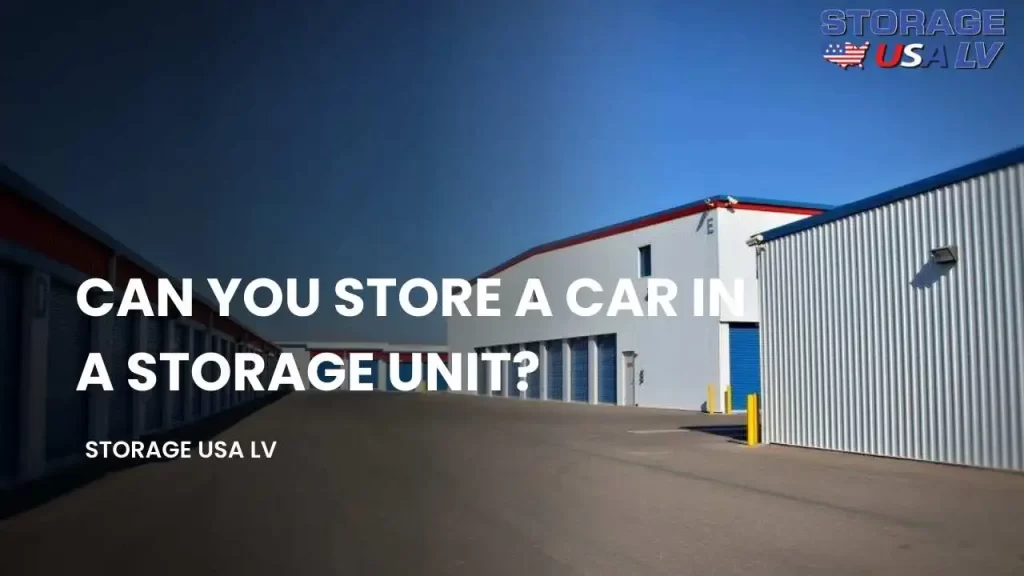
Are you experiencing a sense of confinement in your current living area? Whether it’s in our personal or professional lives, we all encounter limitations in space from time to time. However, we must acknowledge that we cannot magically create additional space out of nothing. Storage units are your savior when you run short of space to keep your essential belongings. However, the question remains – which type of unit is the most suitable – business or residential? So, which storage unit is right for you? Let’s find out.
The Space of the Storage Units
Let’s start by discussing the sizing of the product. One of the primary distinctions between commercial and residential spaces lies in the available square footage options. Most residential spaces typically have a maximum size of around 300 square feet.
A residential storage unit offers a substantial amount of time to help you keep your items during relocation. However, a residential storage facility is unsuitable for organizations. In contrast to residential storage facilities, business storage units can provide significantly larger spaces, sometimes spanning thousands of square feet. If you manage a business that deals with a lot of inventory or struggle to keep your office organized, these spacious rentals are here to help.
The Operational Hours
When it comes to business requirements, one crucial factor to consider is accessibility. Most residential storage facilities adhere to standard business hours, shutting down at night and on holidays. They are unsuitable if you require the retrieval of inventory or office equipment from areas outside the designated windows.
Commercial buildings are specifically designed to address this concern, offering round-the-clock access through personalized entry codes. This means you can acquire the necessary items at any hour, even during the early morning, if the circumstances demand it – there are no closing times to adhere to.
Location
The location of a storage unit is a vital factor that companies consider since it affects their operations. A commercial storage unit that is close to highways will be more suitable for business than a residential storage unit in a residential area.
They do not wish to have to drive through small, narrow roads or be stuck in massive traffic when they need to buy supplies. For residential property owners, it is convenient to opt for a unit that can be easily accessed since they reside nearby. Why add more distance when it is not going to provide any value?
Average Rental Prices
Cost is always a consideration, so let’s discuss the financial aspect. In most cases, residential storage units are the more affordable choice. The compact sizes and essential facilities contribute to reduced monthly rental expenses.
Commercial units are priced higher because they offer more space and are designed to cater to business needs. However, if you require additional space and ease of access, it is advisable to invest in a larger storage unit to ensure smooth operations.
Drive-Up Access and Parking
Transporting bulky items in and out of a confined indoor unit is not a pleasant experience for anyone. That’s where drive-up access comes in handy. Most residential and commercial storage facilities offer outdoor drive-up units, making it convenient to load and unload items with minimal physical effort.
The distinction, however, lies in the parking facilities. Residential facilities offer standard-sized parking spaces, while commercial properties have ample space for large trucks.
Customer Traffic Volume
Have you ever arrived at a storage facility and discovered it to be overcrowded with individuals? While it may be inconvenient, volume spikes are typically temporary occurrences at residential sites. They might encounter more people on weekends and at the start/end of each month. However, the number of customers remains relatively stable throughout the year.
Commercial storage units require a different approach compared to residential units. With businesses of all sizes constantly coming in and going out to fetch inventory, supplies, and equipment, the customer flow is much higher and more consistent. Loading dock areas tend to become congested rapidly, making it more challenging to enter, retrieve your belongings, and exit promptly.
Security Measures
It’s natural to have some concerns when it comes to storing your valuable possessions in a different location. That’s why both residential and commercial storage facilities prioritize security with gated entry, perimeter fencing, and surveillance monitoring. To ensure safety, it is recommended to have well-lit areas and restricted access codes to prevent unauthorized individuals from entering.
Besides appointing the right security personnel, the commercial storage units implement the best security measures. These additional protective measures provide organizations with a sense of reassurance that their items are safe.
You must assess your needs before choosing a residential or commercial storage unit. For instance, a homeowner who is in need of a temporary storage space will find residential storage units suitable.
However, if you are operating a business, then the conveniences of a commercial storage unit will be more useful in the long haul. At the end of the day, the type of storage solution you choose depends on your unique needs and your priorities.


